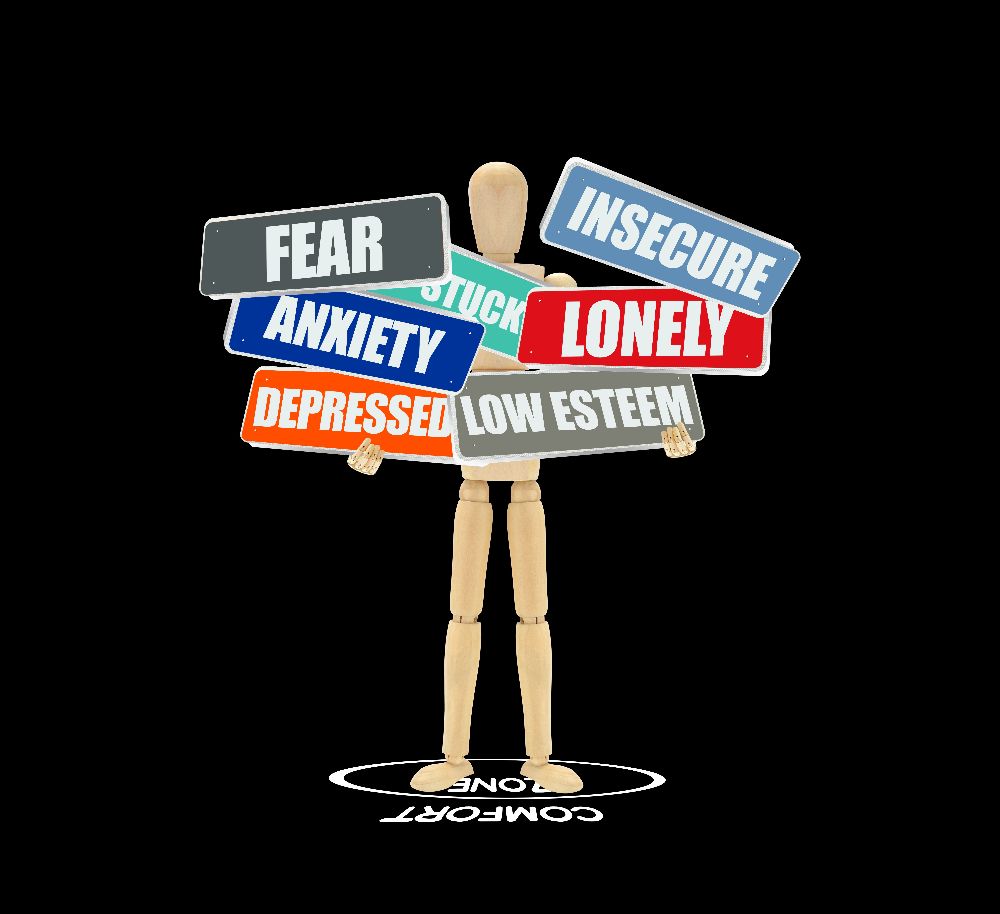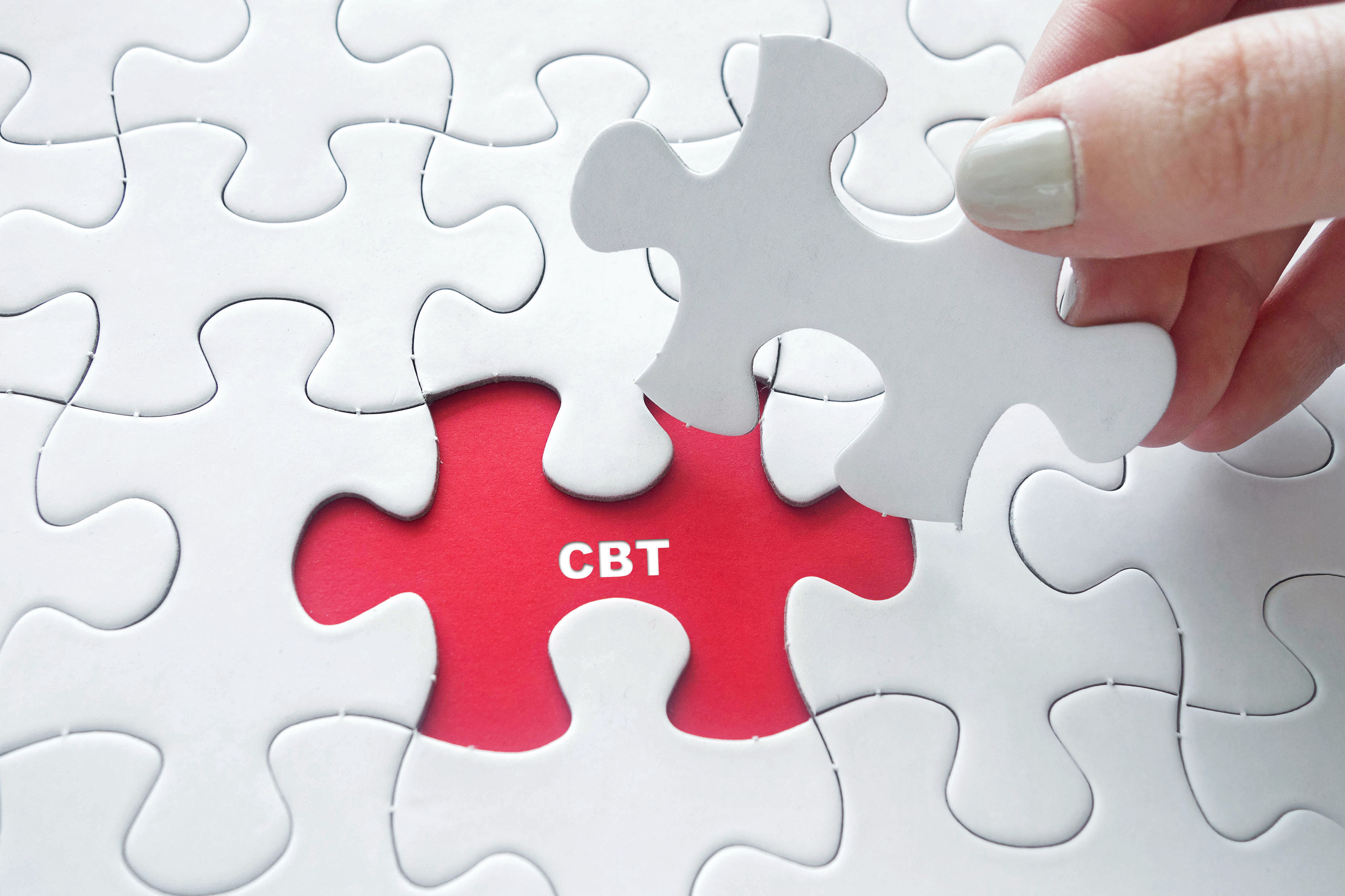What is CBT?
CBT is a highly effective evidence based therapy. CBT involves looking at how you thoughts, feelings and behaviours interact with each other and how this keeps anxiety and low mood going. These thoughts and behaviours can develop into negative patterns and can start to have a long term impact on how you feel. CBT provides tools and technique for dealing with these negative patters.
CBT typically involves working on techniques that be applied in the here and now. However, it can also be really helpful to understand the past and how this can impact o our thinking, our beliefs and our actions in the present.

Is CBT effective?
CBT is an evidenced based approach. This means it has been show to be effective in 100’s of clinical trials for a variety of different disorders. CBT is recommended by the NICE guidelines. NICE stands for national institute of clinical excellence and they recommend treatments for all disorders and illness.

What does CBT look like?
CBT treatment usually lasts between 6 and 20 sessions. The sessions are 50 mins long and involve working collaboratively with the therapist to develop a good understanding of your difficulty and how it developed.
To be able to move on from our problems, you will need to make changes and learn to do things differently.
You can then learn specific skills and techniques that help you to move on from your problems and achieve your goals. These skills can then be applied for the rest of your life. You will spend time practicing and testing out these techniques in between the sessions as this improves the effectiveness of the therapy.

CBT v Counselling
CBT and counselling are both forms of talking therapies and there is some overlap between them. They both offer an opportunity to talk to a non-judgemental therapist or counsellor to better understand your mental health. You might choose counselling over CBT when the problem is caused by something you cannot change (such a s bereavement) or something you are not sure you want to change (such as a difficult relationship).
